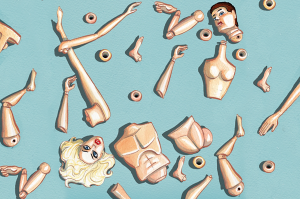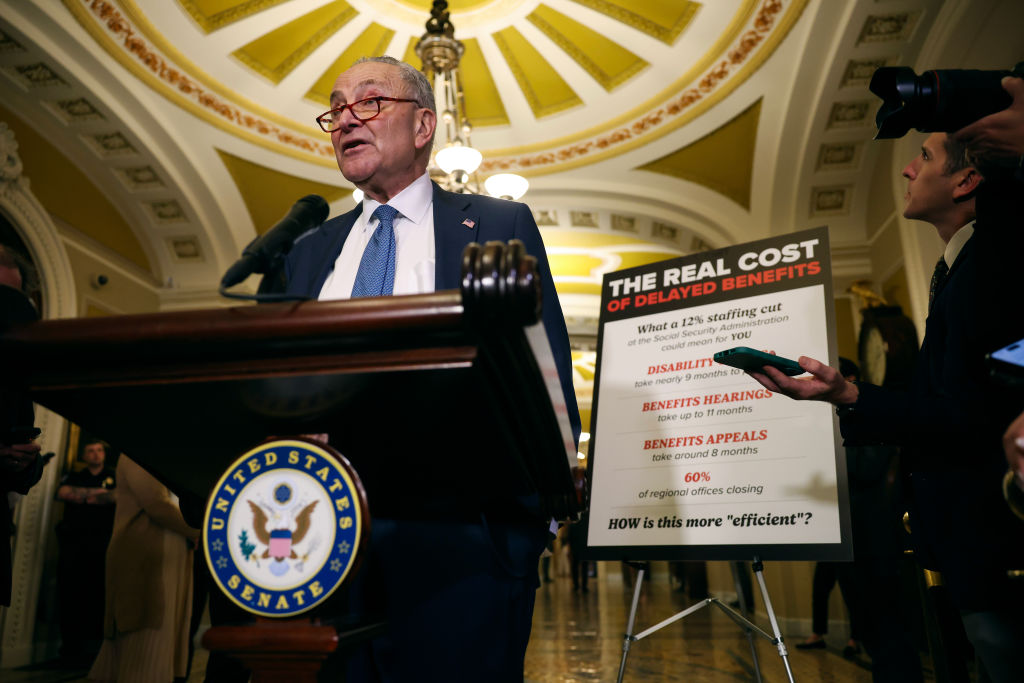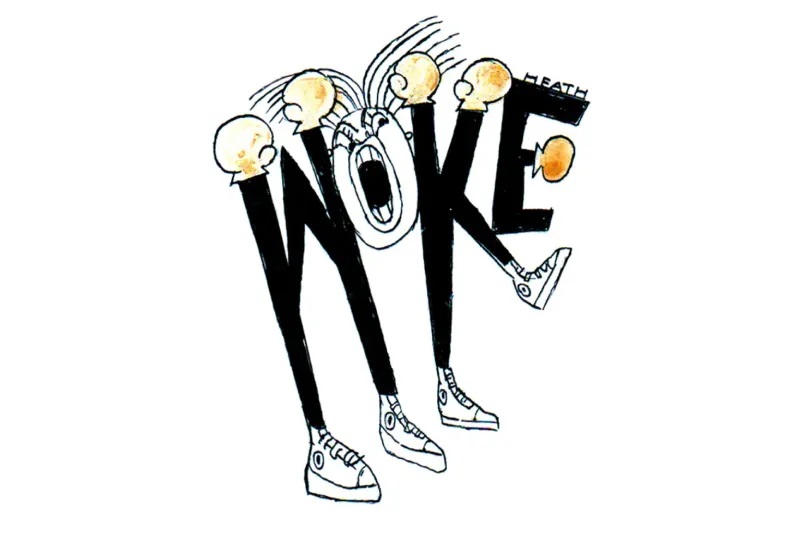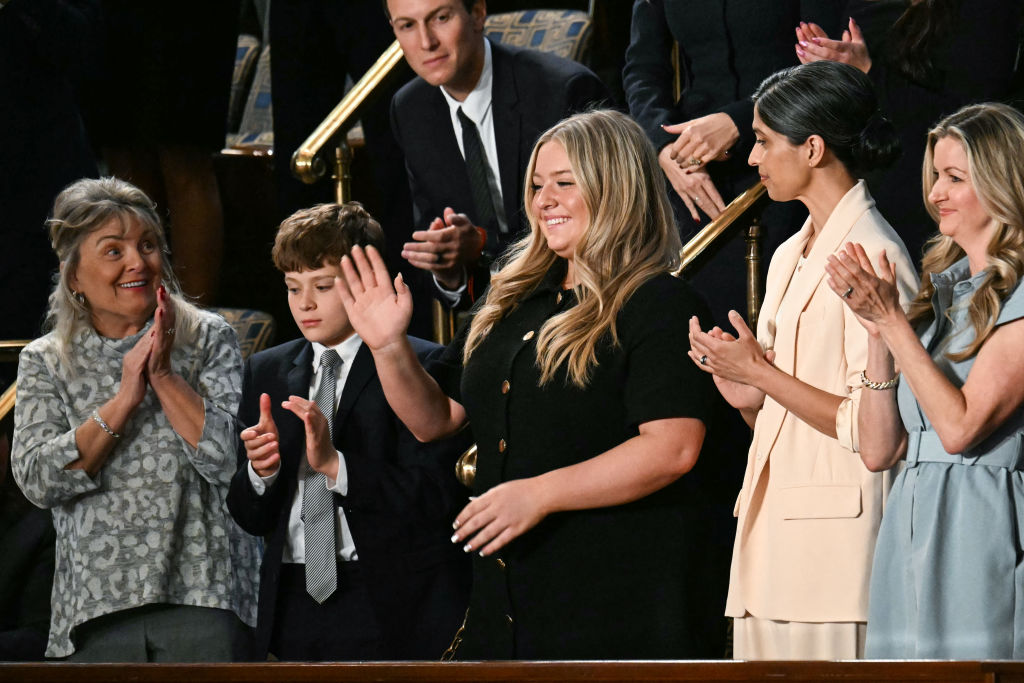It was easy to choose books for my young nieces and nephews this Christmas. First, I ruled out stories about boys who think they are girls, girls who dream of having their breasts removed and pet rabbits unhappy at being misgendered.
Then I rejected books telling toddlers how to be anti-racist and older children how to be allies to their black classmates. Feminist manuals on women who changed the world, all of which feature at least one woman who was actually male, went the same way as history books that divide the past into tales of victimized black people and evil white people. Worthy tomes about climate change, rising sea levels and Greta Thunberg were also discarded. By this point, with so few books remaining, the choice was all but made for me.
It turns out I am not alone in this book-selection method. Although publishers insist upon churning out fashionable woke thinking, the public is just not buying it. Take Page Boy, actor Elliot Page’s gender transition memoir. Page secured a whopping $3 million for the book but, according to the sales tracker BookScan, only 68,000 print copies have been sold. Readers, it seems, are less than enthusiastic. The same goes for Claudia Craven’s novel, Lucky Red. Only 3,500 copies of this “queer feminist western” have shifted, despite Craven receiving a $500,000 advance.
Politics, not literary quality, become the primary concern
Carolyn Ferrell’s Dear Miss Metropolitan is a grim-sounding novel about three young black and biracial girls who are abducted by a man before being first abandoned and then traumatized by a racist society. Ferrell was reportedly paid more than $250,000 for this debut work but it has sold only 3,163 copies since first being published in 2021. Another flop is Rasheed Newson’s My Government Means to Kill Me, the story of a young gay black man in the mid-1980s. Bought for $250,000, it has only sold around 4,500 print copies.
Inexperienced editors, hired following the killing of George Floyd, have been blamed for these high-profile misses. But someone clearly recruited all these new and diverse young editors. The problems currently facing the publishing industry run far deeper than just a few rookie errors.
In recent years, we have seen staff at Penguin Random House in Canada protesting after being asked to prepare a book by Jordan Peterson and employees at Hachette refusing to work on J.K. Rowling’s latest volume. We’ve had books by established authors such as Kate Clanchy subjected to sensitivity readers while contracted authors, like Nigel Biggar, have had manuscripts rejected upon completion. Meanwhile, promising new authors struggle to get noticed in the first place. Author Joyce Carol Oates revealed that a literary agent friend of hers said he “cannot even get editors to read first novels by young white male writers, no matter how good; they are just not interested.”
“Again and again, those in the New York literary universe explained… that it was my job to tell stories that furthered The Narrative,” wrote Alex Perez in the Free Press. What this means in practice is that books are selected for publication with either messaging or the identity of the author to the fore. This seems to be an open secret. “We flat-out decided we weren’t going to look at certain white male authors, because we didn’t want to be seen as acquiring that stuff,” one senior editor told Perez. Meanwhile, for authors fortunate enough to overcome all these barriers, the final hurdle is the book shop. Even here, there are traps. Shops stand accused of not displaying books by gender critical authors.
At every stage, the publishing industry is steeped in woke thinking. Politics, not literary quality, become the primary concern. There is little place for plot-twisting page-turners, or beautiful literature or the fascinatingly informative. Instead, readers are expected to appreciate the “diversity” of the writer as they wade through a by-now familiar diet of intersectionality, social justice, gender ideology and critical race theory. Diversity, it turns out, does not mean difference but biological, intellectual and creative conformity.
Ultimately, readers are not getting the books they want. And this is, at last, beginning to show up in the industry’s bottom line. The collective revenue of the top five publishing houses, which was $25.7 billion in 2020, has been flat for almost two decades. Then, in 2022, print book sales fell by 7 percent.
There is some evidence to suggest that frustrated readers and authors are turning to self-publishing on sites like Substack and that a crop of new independent presses are beginning to emerge. For the sake of readers everywhere, the transformation of the publishing industry cannot come soon enough.
This article was originally published on The Spectator’s UK website.


























Leave a Reply